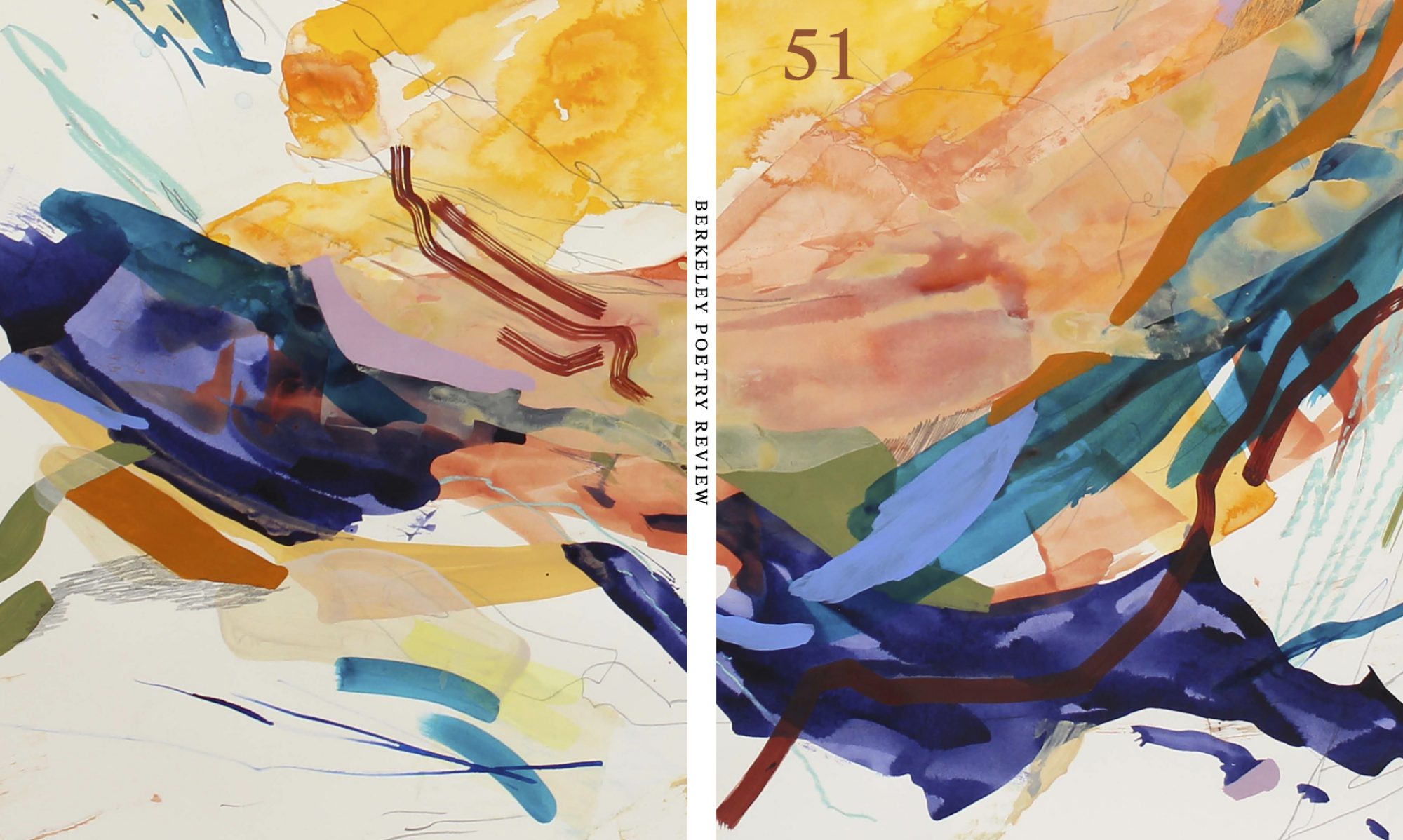Dear Readers,
In the week leading up to the publication of our MIDTERM chapbook, we’ve selected a few poets to interview regarding their work both in this issue and more broadly. Please enjoy the following conversation with Rosie Stockton and follow the link below for details of the MIDTERM 4 release reading on December 19th.
MIDTERM 4 Release Reading
1. You have a forthcoming book in May of 2021, Permanent Volta. How has working on a cohesive collection impacted your writing process?
Permanent Volta is a book I worked on for years, and contains poems that I wrote as I entered my Saturn Return and a period during which I was tucked away in deep study with friends and comrades, shaking free of a lot of impasses and attachments that had calcified in my life. It’s my first book, and I went into writing Permanent Volta with a specific political demand in mind, wages for muses, & found the stakes of this demand in the form of a bunch of love poems. I wrote using many different forms, genres, and constraints that I sought to approximate but disobey. Instead of the demand for the wage, the poems taught me to say no to the annihilating system of the wage, to ask for more: no wages / no muses. This lesson may have had the biggest impact on my writing process: to learn from the poems, approach them as access points to what I consciously block. I’ve been working on my second book for the past year, and I’m relying much less on formal constraints than I did in Permanent Volta. I could say I have a clear vision of the conceit of this new project, but truthfully I’m looking forward to the poems demanding whatever it is they want.
2. In BPR’s MIDTERM 4 chapbook, you’re publishing “BAD ATTACHMENT,” a piece from Permanent Volta, and two of your new poems. How are they connected and how does “BAD ATTACHMENT” function within or represent your book?
With “Bad Attachment,” I was thinking about a Lacanian approach to attachment that emerges when we as children construct seduction fantasies scenes to attempt to heal from the traumatic “primal scene,” where we first see the potential of the “Other” to obliterate us. This poem comes in a series of poems that riff off the different fantasy structures I repeat to ensure I am spared from obliteration, to believe I am loved. At the same time, this section is about work and the genre of work, wondering how to enact political demands outside the figure of the worker, a genre that continues to fail us in love and struggle. And our “bad” attachment to work itself. This is a larger theme of Permanent Volta. These new poems are from a project called Contact Potential that very much grew out of Permanent Volta, animated by an anti-work sentiment and embedded in relation that wants beyond normative captures of gender, kinship, and subject-object relations. Now that I’m reading them together, these poems are all preoccupied with imagery from California fires in the past few years, where I recently moved.
3. How do these poems, in your opinion, relate to our theme of Stasis/ Static?
I love this theme, and how you traced this concept of stasis to its Greek roots as civil war and also drawing on its etymology meaning “standing.” Permanent Volta proposes the endless turn of the sonnet, in flight of resolution found in the couplet/ couple form: refusing a static “having” of someone else, and even of “having” – as in owning – oneself and one’s body. I originally wrote “Bad Attachment” as a sonnet, and over the course of editing I shifted its form. Similarly, these poems in MIDTERM are invested in finding the loopholes within the kinetic repetition of desire both for resistance and for a lover, and taking a new stance in relation to the play of desire. They also contain the devotion to sabotage the workweek and anti-Black conceptions of justice, harm, and personhood.
4. What are you reading right now?
This fall I’ve been in Kay Gabriel’s Bernadette Mayer workshop at The Poetry Project, so I’m totally immersed in her work. Sonnets… Midwinter Day…. Utopia. It’s been one of the most incredible deep dives into a poet’s work I’ve ever had the opportunity to do. And guided by the generosity and seemingly endless knowledge offered by Kay is totally otherworldly.
5. Advice to emerging poets?
Stay in bed, write down your dreams. Reclaim deadening paperwork and write poems on your speeding tickets, server pads, unemployment forms. On a social level, I think finding poetry workshops or making your own with friends is crucial. Make poetry communal, like it wants to be.
ROSIE STOCKTON is a poet based in Los Angeles. Their first book, Permanent Volta, is the recipient of the 2019 Sawtooth Prize, and is forthcoming from Nightboat Books in 2021. Their poems have been published by Jubilat, Apogee, Social Text Journal, Mask Magazine, and WONDER.

Publishing poetry at the University of California, Berkeley, since 1974.